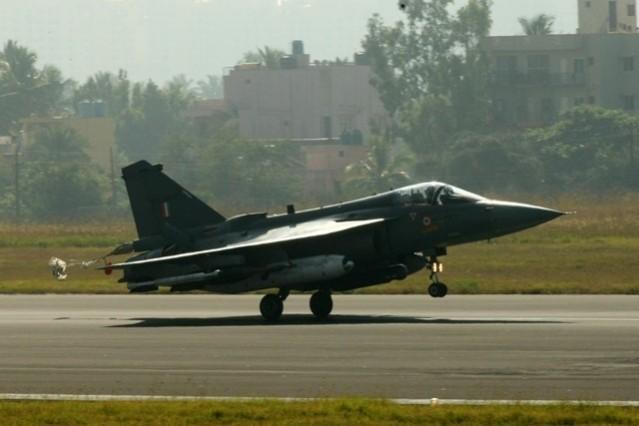
Since its inception in 1958, DRDO has been the backbone of Indian defence research but over the years, the premier agency has grappled with accusations like corruption, nepotism and not sticking to its delivery targets, plaguing its reputation.
A recent rap by Prime Minister Narendra Modi, who castigated the agency's 'chalta hai' attitude by telling them to that the "world will not wait", asked them to set the agenda for the world.
Stagnation has been an issue with the agency and in a rather honest admission by its chief, Avinash Chander, in an interview with the Indian Express revealed that the agency has been "stagnant for the past five-six years". He, however, added that this has now been rectified and DRDO is now "taking new projects".
He further believes that as more impetus is given to Modi's pet 'Make in India' initiative, it will allow private players to invest more into research and development thereby re-energising the money strapped agency which will now, he said will look for partnerships with the private companies.
He also revealed that out of the 7,500 scientists, there are 18 who have been given an extension. Presently, the agency hires 120-130 annually when it should have been taking in 300-400 scientists on an average per year. This proposal has been under evaluation and the chief has already sounded it to the government, he said.
Young Scientists to Lead in 5 years
Chander relayed that the agency is already aiming to have 10 centres in next five years where each center will have 500 scientists to carry out the research, which will be DRDO-funded. To make this a possibility, it has started the process of picking young scientists from various labs and empowering them with decision-making freedom.
He spoke about a network of knowledge that is being created. The agency has already partnered with IIT Mumbai, Chennai for propulsion systems, with Jadhavpur University for robotics, IIT Jodhpur for materials via MOUs.
Major Future Platforms
Regarding some of the major future platforms that DRDO was working on, Mr. Chander revealed that the Advanced Medium Combat Aircraft (AMCA) has not left the design board and considering the 15 year development cycle of aircrafts, it must be out by 2027-2030.
LCAs will already be rolling out of the stables by then, he added.
The Short Range Surface to Air Missile (SRSAM) is under re-evaluation due to the "maturing" of Akash and versions of Akash.
Meanwhile, the government recently extended the tenure of Chander through Presidential order in November, 2014 by 18 months. Previously, he was directly involved in the success of India's long-range missile systems.
DRDO, however, did not approve of the extension of retirement for four senior scientists. The agency has plans to enter the global arms market and has already shortlisted about 15 weapon systems that could be of interest to India's allies.

















